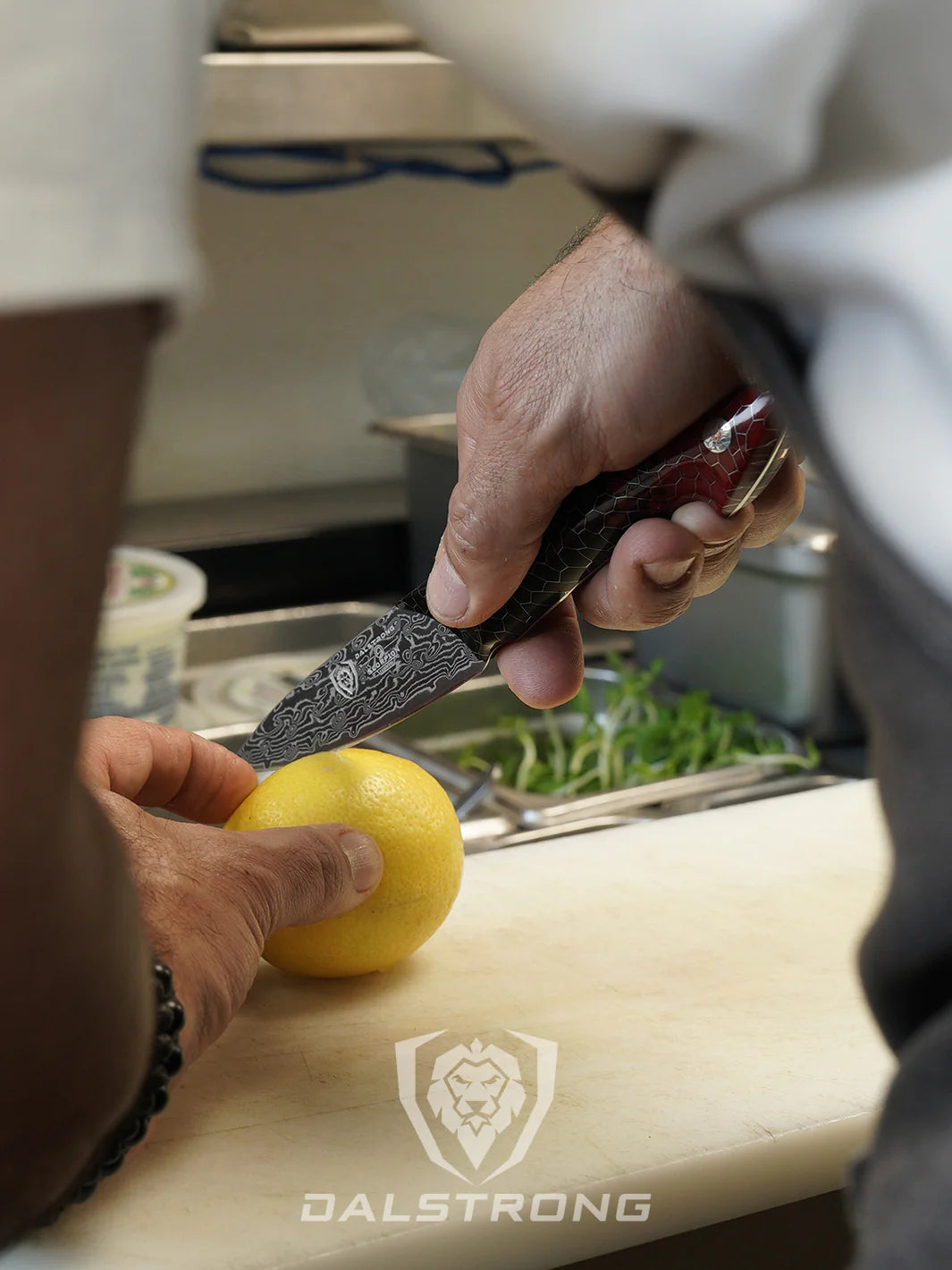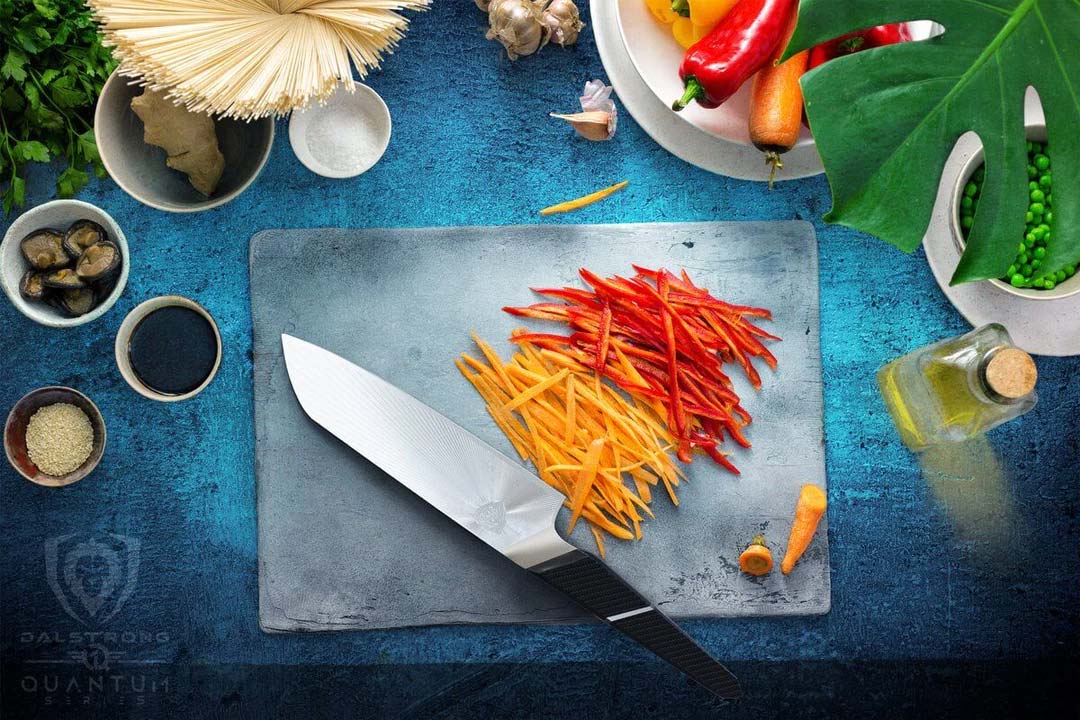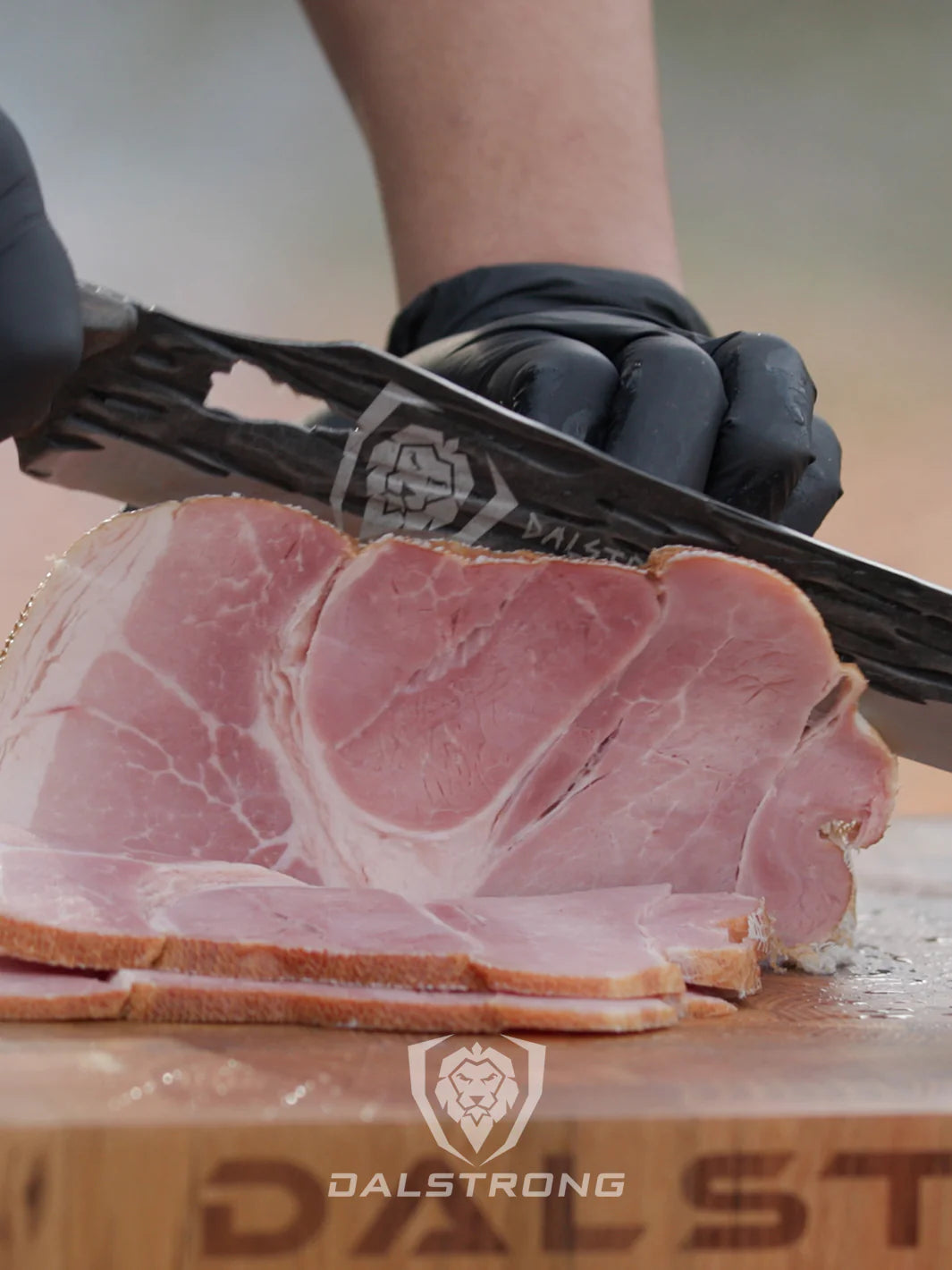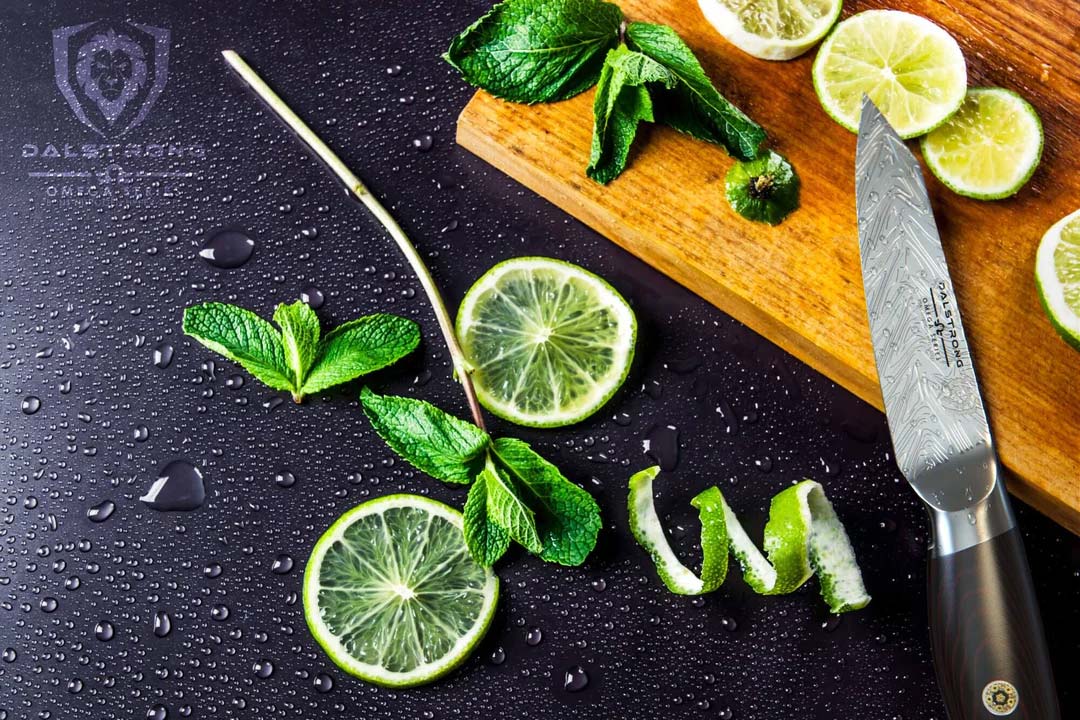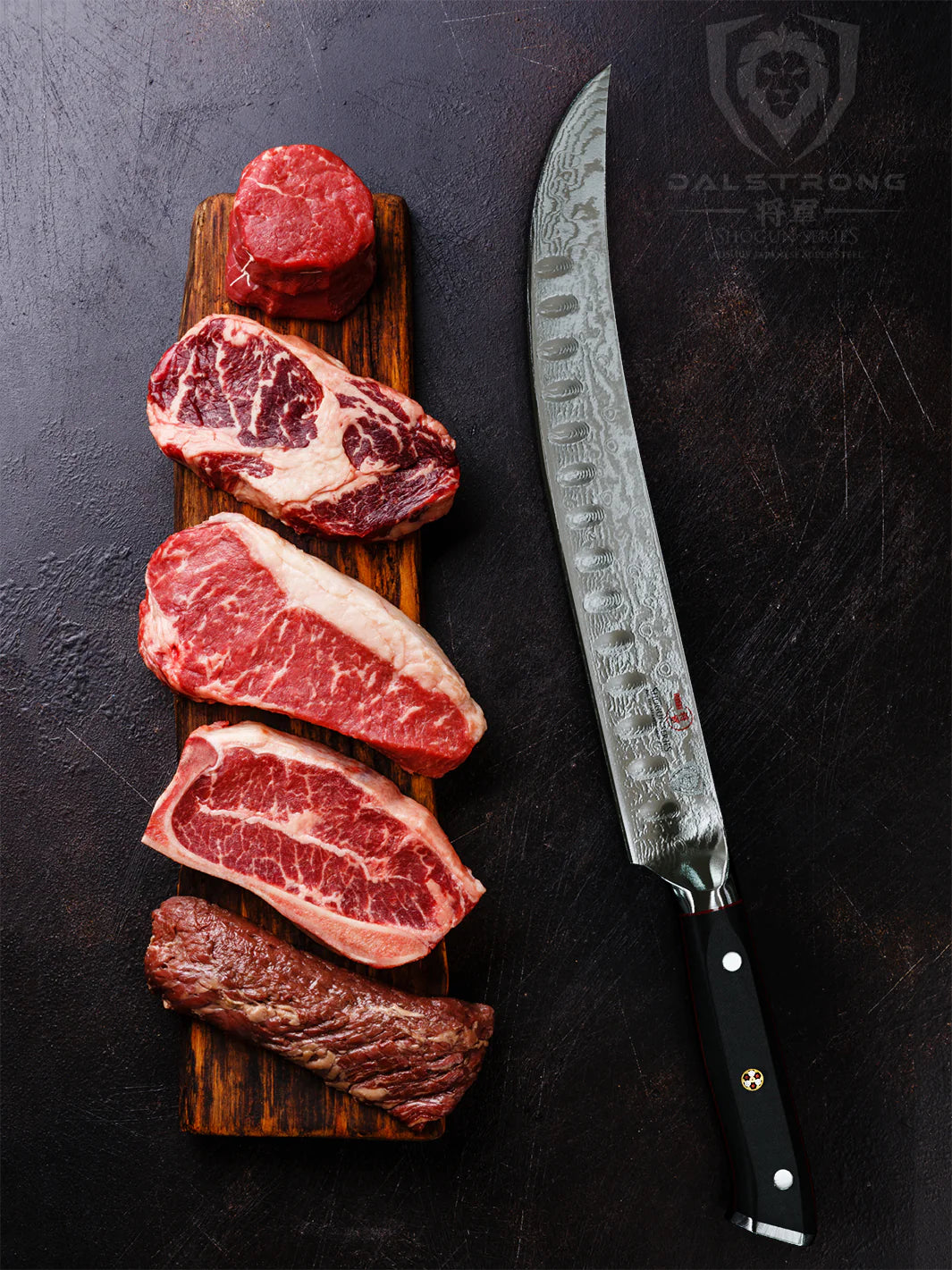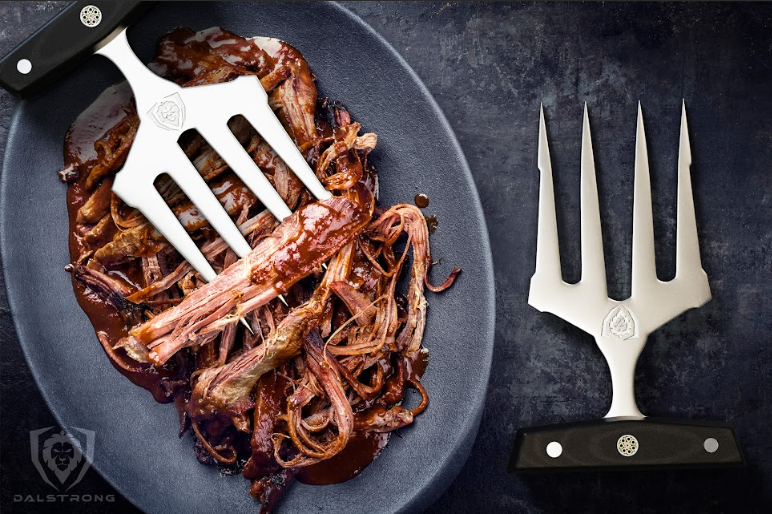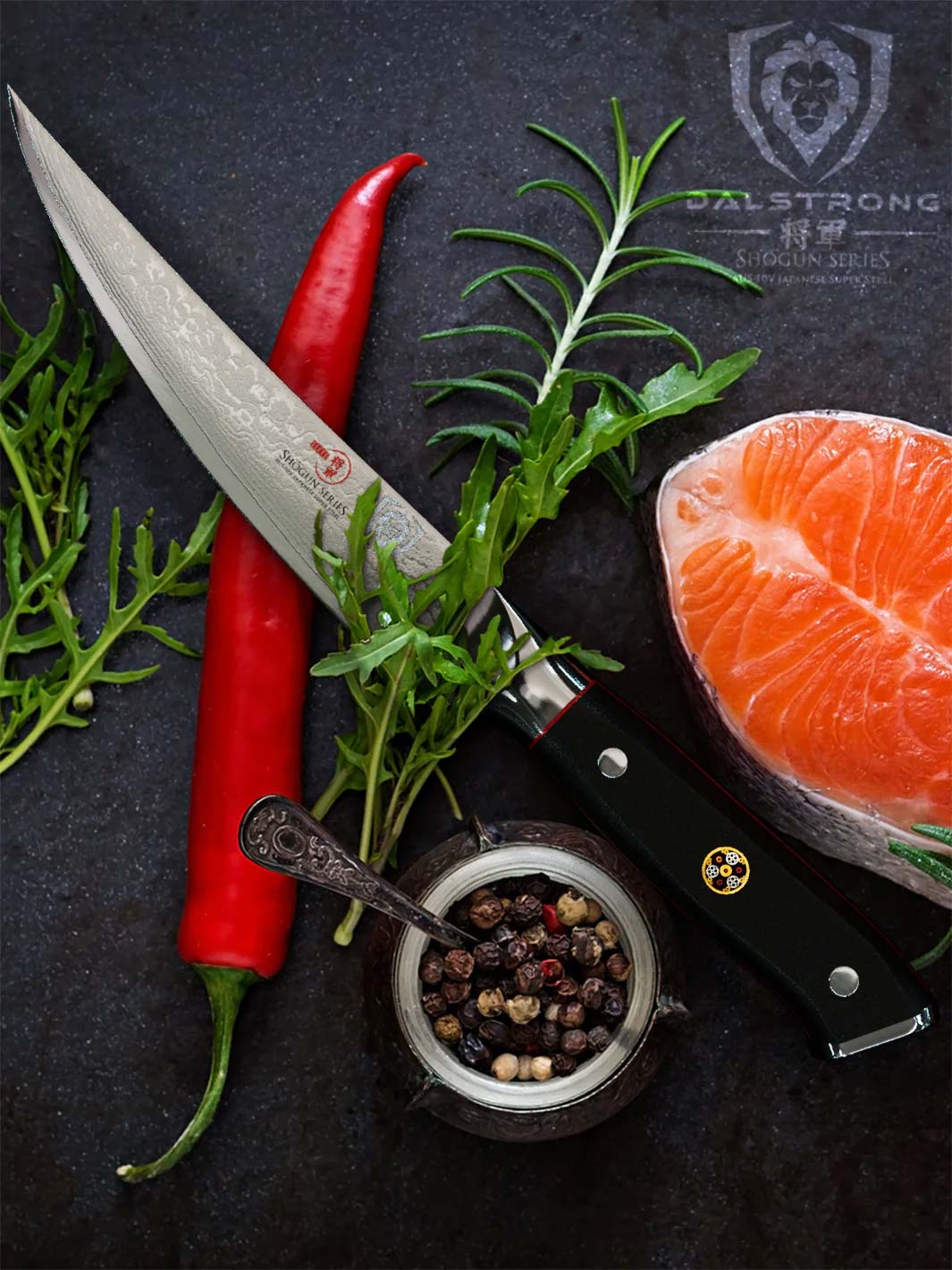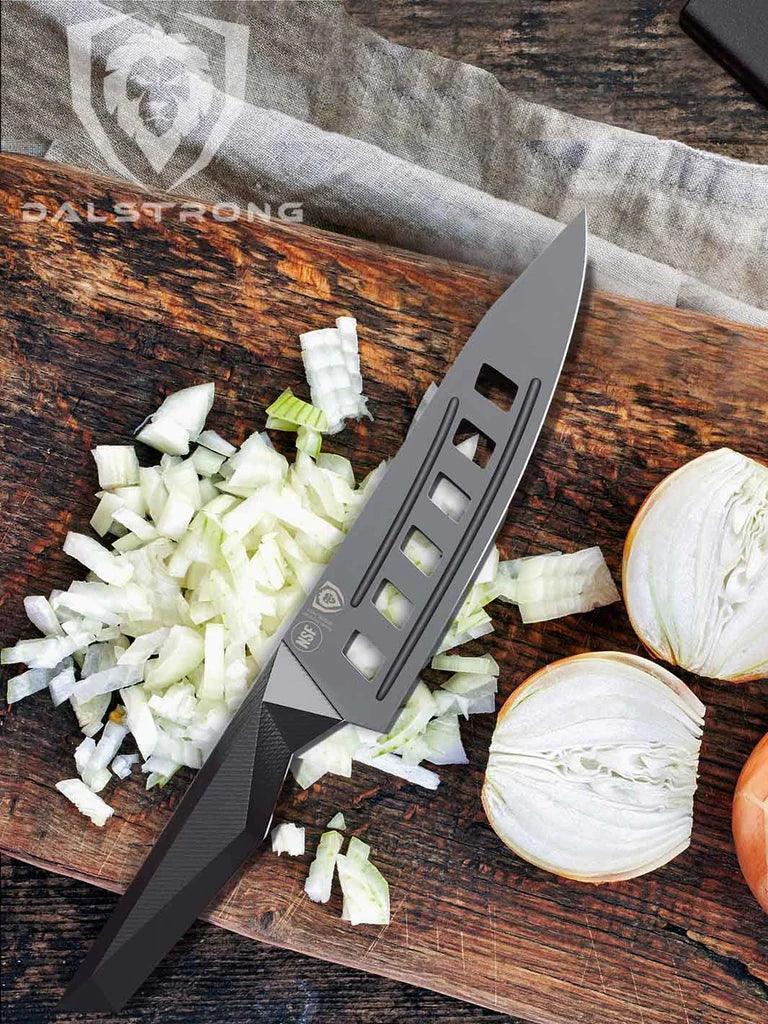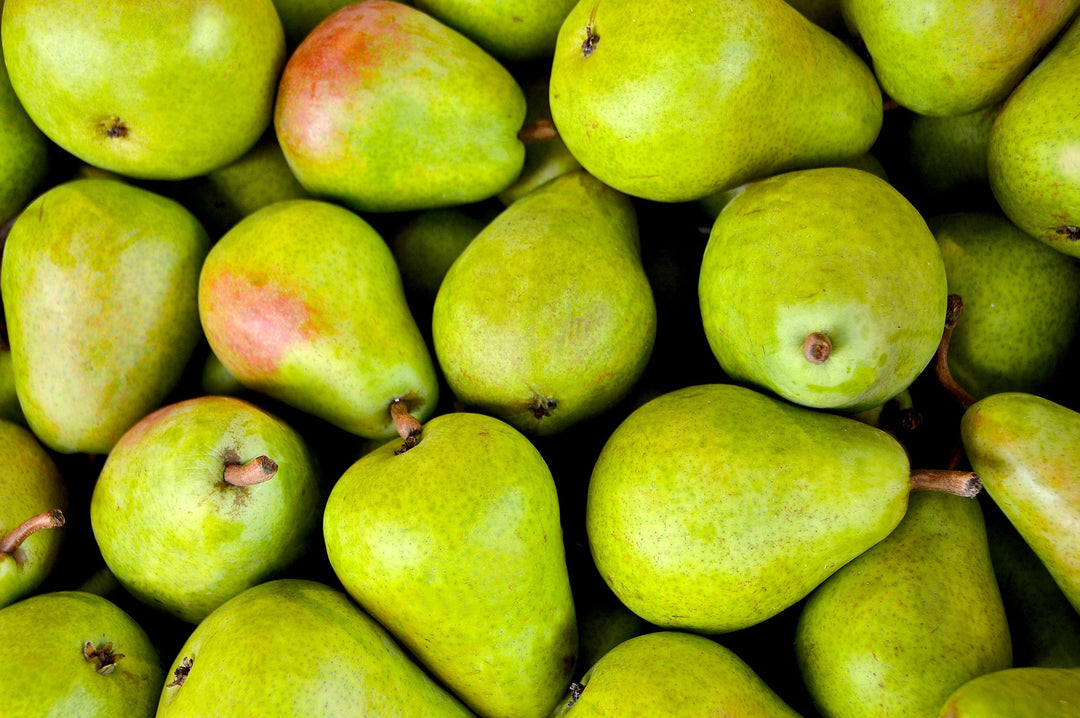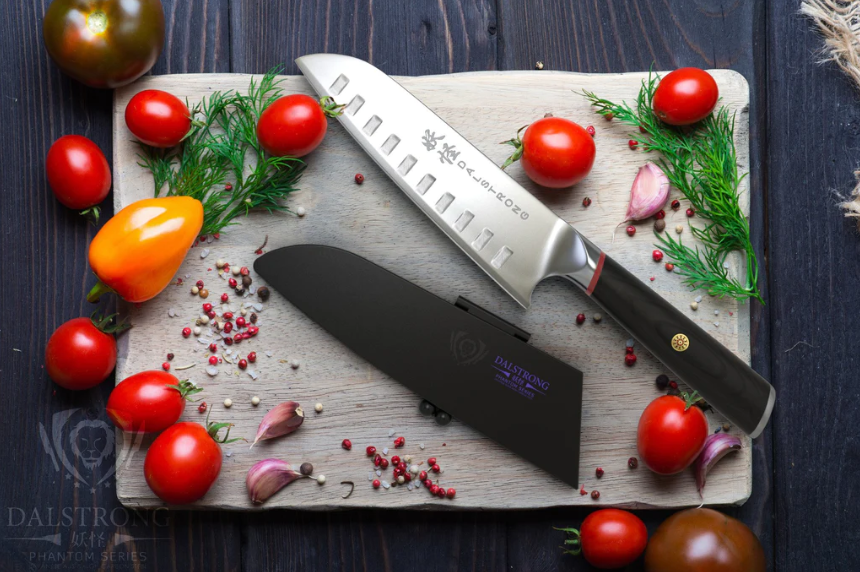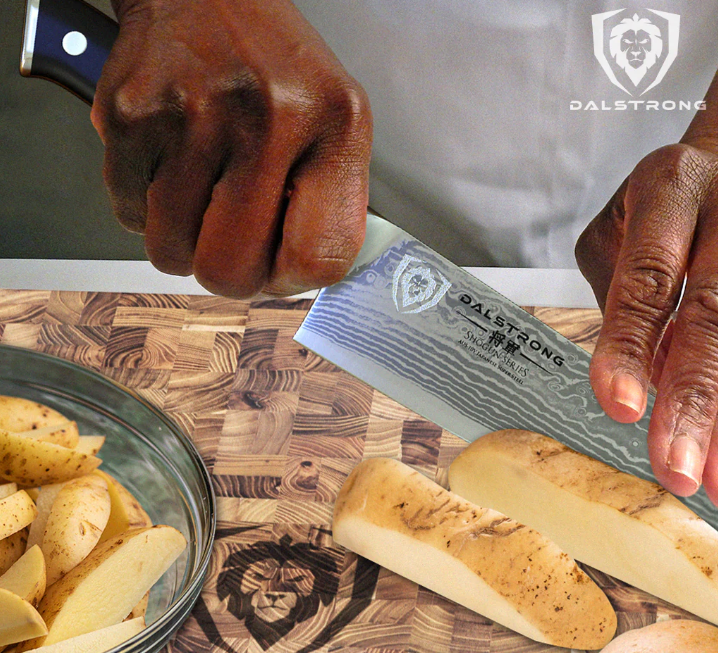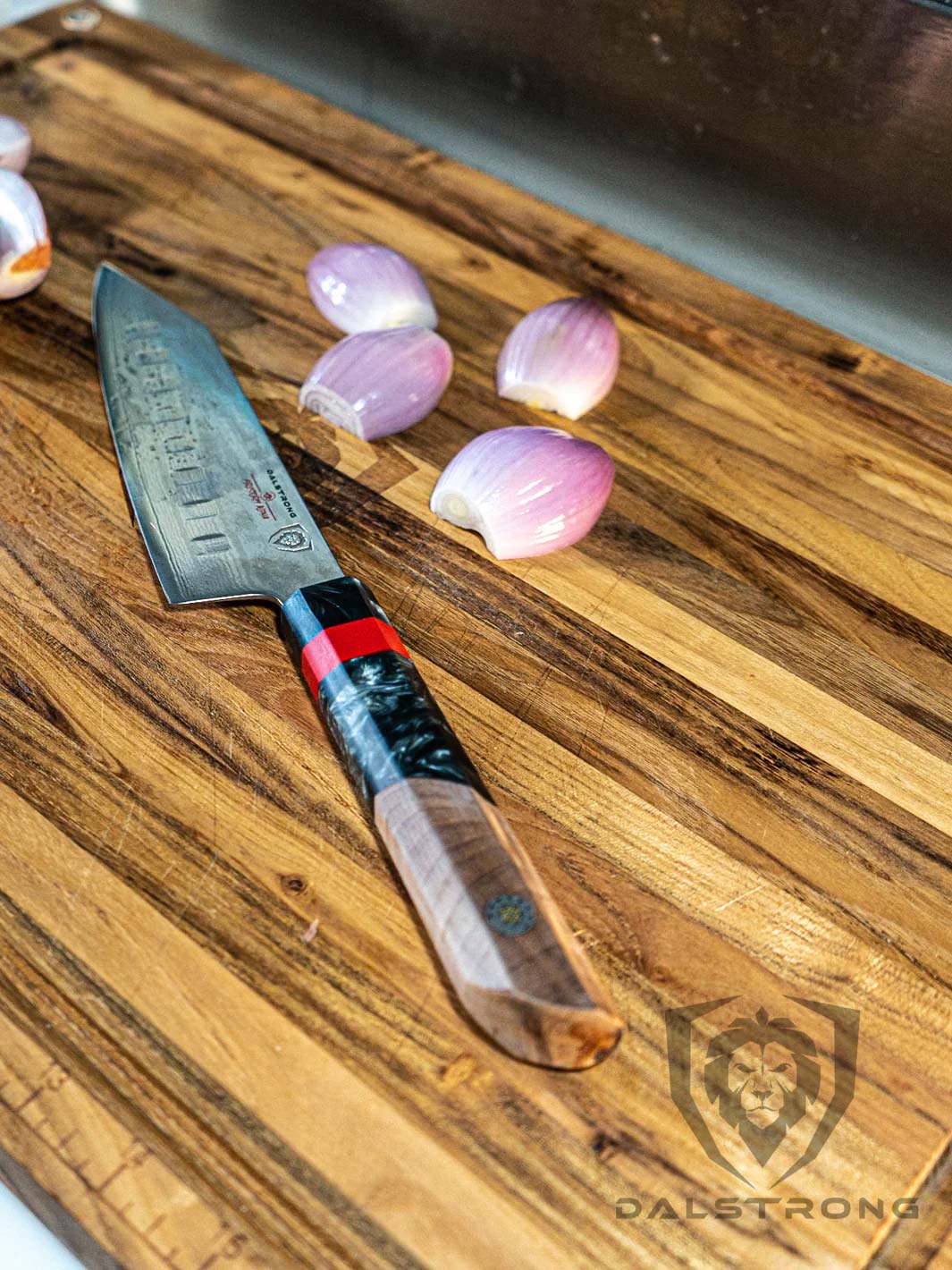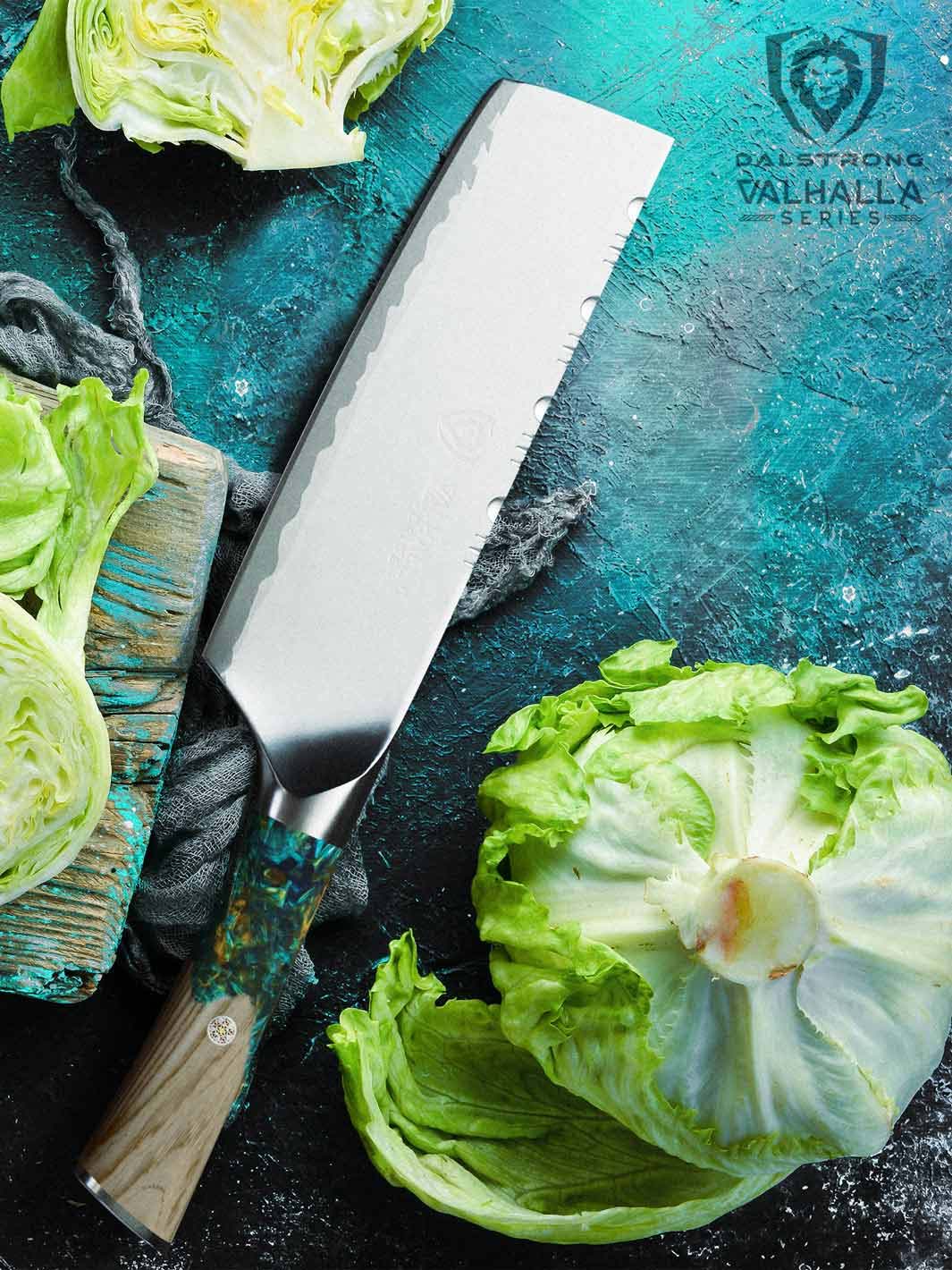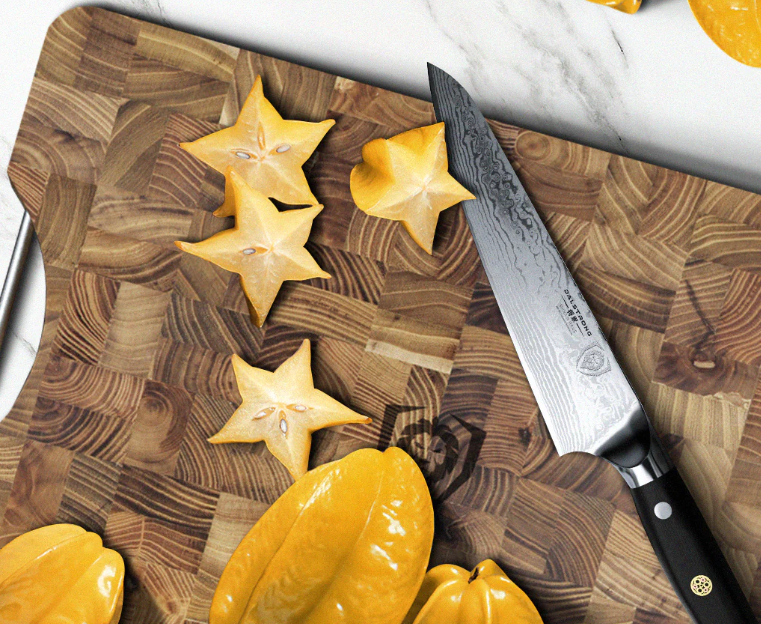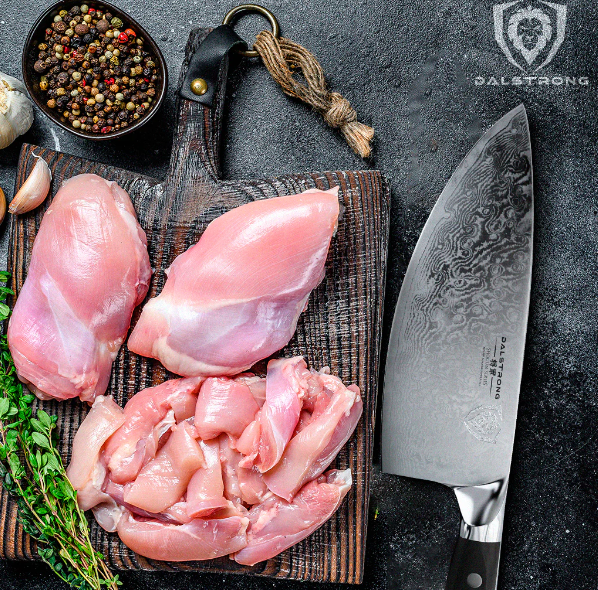How To Eat Dragon Fruit In The Most Delicious Way

QUICK OVERVIEW: How To Eat Dragon Fruit
- Choose a ripe dragon fruit. Look for bright, evenly colored skin without too many blemishes.
- Rinse the fruit under cold water. Pat it dry with a clean towel.
- Place the fruit on a cutting board. Using a sharp knife, slice it vertically from top to bottom.
- Softly peel the skin away from the flesh. The skin is not typically eaten due to its tough texture.
- Cut the flesh into slices or use a spoon to scoop out the flesh directly from the skin.
- Dragon fruit can be eaten as is, added to fruit salads, blended into smoothies, or used in various recipes.
When you crack open a dragon fruit, you'll feel like you've discovered a treasure trove inside its bright, spiky exterior. Figuring out how to eat this exotic treat is like a culinary adventure. From its uncommon looks to its intriguing taste, learning how to eat dragon fruit opens up a world of tropical flavors and unending possibilities. Whether scooped, stirred, or combined, this fruit is a delicious canvas waiting to be explored.
1. What Is A Dragon Fruit And Its Nutritional Value
Dragon fruit, also called as pitaya, is a tropical fruit derived from a variety of cacti. It has a distinctive appearance with a shiny, spiny outer skin that can be pink, red or yellow, and soft white or pink flesh speckled with small black seeds, similar in texture to kiwi fruit.
In terms of nutritional value, dragon fruit is low in calories but rich in vital nutrients:
Vitamins
It contains vitamin C, B vitamins (like B1, B2, and B3), and small amounts of other vitamins like vitamin A.
Minerals
It gives essential minerals such as iron, calcium, and phosphorus.
Antioxidants
Dragon fruit is packed with antioxidants, including betalains and flavonoids, which help neutralize free radicals in the body.
Fiber
It's a good origin of dietary fiber, promoting digestive health and aiding in proper bowel movements.
Hydration
The fruit has a high water content, aiding in hydration.
Low in Fat
It's naturally low in fat, making it a good choice for those watching their fat intake.
Overall, dragon fruit is a healthy addition to a balanced diet, providing a variety of vitamins, minerals and antioxidants.
Read about the three ways to store dragon fruit, here.
2. Ways To Eat Dragon Fruit

Dragon fruit is super versatile, so there are a pack of tasty ways to enjoy it:
Fresh and Simple
You can just open it up and eat it as it is! Scoop out the flesh with a spoon or cut it into cubes and toss it into fruit salads for a pop of color and flavor.
Smoothies and Juices
Blend the flesh with other fruits like pineapple, banana, or berries for a refreshing smoothie or juice.
Desserts
It's great in desserts like fruit tarts, sorbets, or even as a topping on yogurt or ice cream.
Salsa or Salsas
Chop it up along with some peppers, onions, cilantro, and lime juice for a distinctive and tasty salsa to pair with grilled fish or chicken.
Grilled or Roasted
You can grill or roast thick slices of dragon fruit for a warm and caramelized flavor that works well in both sweet and savory dishes.
Cocktails
Use it as a garnish or blend it into cocktails for a tropical twist.
Get creative! Dragon fruit's mild, slightly sweet taste makes it a fun ingredient to experiment with in various dishes and drinks.
3. Easy Dragon Fruit Recipe
Here's a super easy dragon fruit recipe for a tasty Dragon Fruit Salad:
- You gotta have the right tools for the job. Get a cutting board and a razor-sharp knife with a good handle for easy control so you can avoid mushing the fruit and have clean slices.
- Carve out the dragon fruit where you want to present it while keeping the skin intact.
- Slice the flesh into even pieces and layer it back into your fruit.
That's it! It's a quick and colorful way to enjoy the vibrant flavors of dragon fruit in a delicious and nutritious bowl. Feel free to customize it with your favorite toppings and enjoy a refreshing treat.
4. Dalstrong Tools You Will Need
1. Bird's Beak Peeling & Paring Knife 3" | Shogun Series ELITE
The Bird's Beak Peeling & Paring Knife by Dalstrong from their Shogun Series ELITE is a specialized 3-inch knife designed for intricate cutting tasks. Crafted with precision and quality in mind, here are its key aspects:
PROS:
- The unique curved blade allows for intricate peeling, slicing, and shaping of fruits and vegetables with utmost precision.
- Made from high-carbon Japanese AUS-10V steel, ensuring exceptional durability and edge retention.
- The knife boasts an elegant design with a meticulously crafted handle and a visually striking blade, adding a touch of sophistication to your kitchen tools.
- The ergonomic handle provides a comfortable and secure grip, reducing fatigue during prolonged use.
- Ideal for tasks beyond peeling and paring, such as decorative garnishing or detailed culinary work.
CONS:
- The 3-inch blade might be small for larger or bulkier fruits and vegetables, requiring additional tools for such tasks.
2. Chef's Knife 6" | Shogun Series ELITE | Dalstrong
The Chef's Knife from Dalstrong's Shogun Series ELITE, with its versatile blade, exceptional materials, and precision engineering, is an excellent choice for everyday kitchen tasks.
PROS:
- The 6-inch size strikes a balance between precision and functionality, suitable for various cutting tasks.
- Constructed from high-carbon Japanese AUS-10V steel, ensuring impressive durability, edge retention, and resistance to corrosion.
- The blade is painstakingly tapered for minimal slicing resistance and remarkable performance.
- Its ergonomic handle design provides a comfortable and secure grip, reducing hand fatigue during prolonged use.
- Ideal for slicing, dicing, chopping, and mincing, making it a go-to knife for most kitchen tasks.
CONS:
- Some chefs might prefer larger blades for heavy-duty tasks like butchering or slicing larger cuts of meat.
3. Utility Knife 5.5" | Shadow Black Series | NSF Certified
The Utility Knife from Dalstrong's Shadow Black Series, certified by NSF, is a 5.5-inch knife designed to balance versatility and precision. Here's an overview of its features:
PROS:
- The 5.5-inch size makes it versatile for various kitchen tasks, from slicing sandwiches to precise cutting of fruits and vegetables.
- Crafted from high carbon 7CR17MOV-X vacuum treated steel at 58 Rockwell, ensuring durability and resistance to corrosion.
- The handle is designed for a comfortable and secure grip, minimizing hand fatigue during extended use.
- Its unique design with an all-black finish adds a modern and sleek look to your kitchen tools.
- Being NSF certified ensures it meets high standards for quality, safety, and performance in professional kitchens.
CONS:
- Some users might find the 5.5-inch length awkward if they're accustomed to either smaller or larger knives, requiring an adjustment period.
4. Serrated Chef's Knife 7.5" | Shogun Series ELITE | Dalstrong
The Serrated Chef's Knife from Dalstrong's Shogun Series ELITE is an excellent tool for precise slicing of certain foods with tough exteriors and soft interiors.
PROS:
- The 7.5-inch serrated blade offers adaptability for slicing through a range of foods with tough exteriors and soft interiors, like tomatoes or bread.
- Constructed from Japanese AUS-10V steel, it ensures durability, exceptional sharpness, and resistance to corrosion.
- The serrated edge is meticulously crafted to maintain sharpness and effortlessly slice through various textures without squishing or tearing.
- The knife's handle is designed for comfort, providing a secure grip that reduces hand fatigue during extended use.
CONS:
- Its serrated edge might not be as versatile as a traditional chef's knife for other kitchen tasks.
5. Chef's Knife 8" | Phantom Series | Dalstrong
The Chef's Knife from Dalstrong's Phantom Series is a versatile and durable tool suitable for various kitchen tasks. Its razor sharp stainless steel blade is perfect for coring, mincing and peeling fruits and vegetables.
PROS:
- The 8-inch blade size offers a balanced tool suitable for a wide range of kitchen tasks, from slicing and dicing to chopping and mincing.
- Crafted from high carbon 7CR17MOV-X vacuum treated steel at 58 Rockwell, ensuring durability, sharpness, and resistance to corrosion.
- The blade is hand-sharpened to an incredibly sharp edge, enhancing cutting performance and minimizing resistance.
- The handle design provides a comfortable and secure grip, reducing hand fatigue during extended use.
CONS:
- The 8-inch length might be too large or hefty for individuals who prefer smaller or more maneuverable knives.
5. Frequently Asked Questions
Can we eat dragon fruit directly?
Eating red or pink dragon fruit directly offers incredible health benefits. This tropical fruit is a powerhouse of nutrients, including antioxidants, vitamins (like C and B), and minerals (such as iron and calcium). Its high water content aids hydration, while fiber supports digestion. Enjoying dragon fruit directly is a delicious way to boost mental health and overall well-being.
What does dragon fruit taste like?
Red or pink dragon fruit, known for its vibrant appearance, has a mild, subtly sweet taste reminiscent of a mix between a kiwi and a pear. Its refreshing flavor makes it a perfect addition to fruit salads, offering a tropical twist. Alongside its enticing taste, this fruit boasts health benefits, containing vitamins, antioxidants, and minerals that support mental health and overall wellness.
Can we eat dragon fruit with skin?
How do I know if dragon fruit is ripe?
To determine the ripeness of red or pink dragon fruit, look for vibrant color and slight softness. A ripe fruit will have bright, evenly colored skin without many blemishes and should yield slightly to gentle pressure, akin to ripe kiwi or avocado. Enjoy its mild taste and incorporate its health benefits, including vitamins and antioxidants, into refreshing fruit salads when it's ripe.




































































































































































